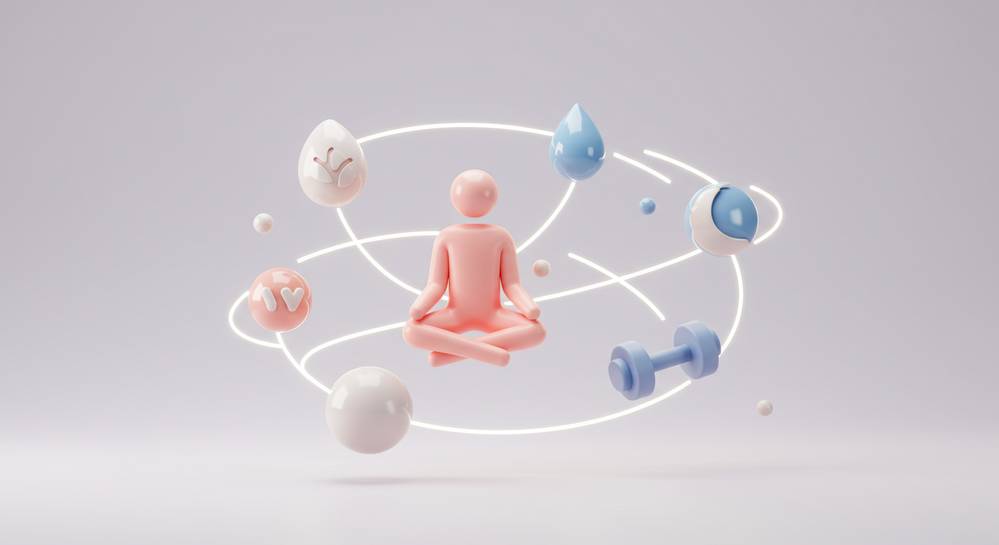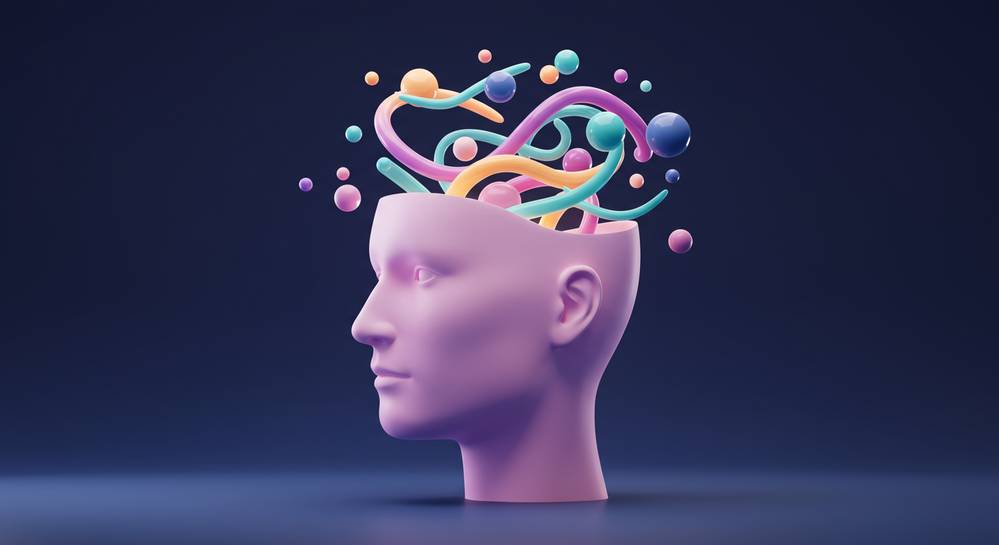A comprehensive guide to self care routines for mental wellbeing
In our fast-paced world, prioritizing mental health is more crucial than ever. Building effective self care routines for mental wellbeing is not a luxury but a fundamental necessity for navigating life’s challenges with resilience and calm. This guide will explore practical, sustainable strategies to help you craft a personalized routine that nurtures your mind, reduces stress, and fosters lasting emotional balance, providing a clear path to a healthier state of mind.
Understanding the foundation of self care for mental health
To truly benefit from self care, embrace it as a deliberate and consistent practice, not an occasional indulgence. At its core, creating self care routines for mental wellbeing is an active process of protecting your psychological health. It moves beyond simple relaxation to a holistic approach for managing stress and building resilience. Establishing these mental health habits transforms random actions into a reliable support system your mind can depend on, especially during challenging times. This proactive mental health strategy is crucial for long term stability.
- Proactive vs Reactive Care: A routine shifts self care from a reactive measure used only during crisis to a proactive strategy. This approach consistently works to prevent burnout and emotional exhaustion before they take hold.
- Building Resilience: Consistent self care practices strengthen your ability to cope with life’s inevitable stressors. This process promotes better emotional regulation and builds lasting mental fortitude.
- Signal of Self Worth: Allocating dedicated time for your wellbeing reinforces a powerful internal message. It confirms that your mental health is a non negotiable priority deserving of attention.
Building your personalized physical self care routine

The connection between physical health and mental clarity is undeniable. A routine that nurtures your body directly supports your brain, influencing everything from mood to cognitive function. Instead of viewing exercise or nutrition as tasks, reframe them as essential parts of your mental wellness toolkit. Small, sustainable changes are far more effective than drastic efforts in building effective self care routines for mental wellbeing.
Prioritizing restorative sleep
Quality sleep is fundamental for mental resilience. A consistent schedule helps regulate mood, sharpen focus, and process emotional information effectively. Aim for seven to nine hours per night. Create a calming bedtime ritual, such as avoiding screens an hour before sleep, to signal to your body that it is time to rest.
Mindful nutrition for mental clarity
What you consume directly impacts your mood and energy levels. A balanced diet rich in whole foods provides the fuel your brain needs to function optimally. Staying hydrated is equally important for cognitive clarity. For those looking to establish better habits, exploring simple meal prep ideas for healthy eating can make a significant difference.
Incorporating gentle movement
Exercise does not have to be intense to be beneficial. Activities like walking, yoga, or dancing release endorphins and reduce stress hormones. Find a form of movement you genuinely enjoy. Make it a non negotiable appointment with yourself in your daily or weekly schedule.
Nurturing your mind with emotional and mental self care

While physical care builds the foundation, emotional and mental practices are the pillars that sustain your wellbeing. These activities help you process feelings, reduce mental clutter, and cultivate inner calm. They are essential components of effective self care routines for mental wellbeing. Conscious effort in this area provides a space to connect with your inner world, fostering self awareness and emotional intelligence. This is where you actively nurture your mind for long term resilience.
- Practice mindfulness and meditation: Just five minutes of daily mindfulness can significantly reduce anxiety. You can start by simply focusing on your breath, observing your thoughts without judgment. This practice helps ground you in the present moment and quiet mental noise.
- Use journaling for clarity: Writing down thoughts and feelings is a powerful way to process them. A gratitude journal, where you list things you are thankful for each day, can effectively shift your perspective towards positivity.
- Set healthy boundaries: Learning to say no is a critical act of self care. Protecting your time and energy from overwhelming commitments or draining interactions is vital for preventing burnout and resentment.
- Schedule a digital detox: Regularly step away from screens. Constant notifications and information overload contribute to mental fatigue. Use this time to engage in offline hobbies or simply be present in your surroundings.
Integrating social and spiritual self care practices

Human wellbeing is deeply intertwined with our sense of connection and purpose. A comprehensive self care routine extends beyond solitary activities to include how we interact with others and the world. These social and spiritual practices help combat loneliness, foster belonging, and add a layer of meaning to our lives. They are a vital part of holistic self care routines for mental wellbeing, creating a supportive ecosystem for your mind.
Intentionally cultivating positive social connections and engaging with your values creates a rich, supportive ecosystem for your mental health.
- Cultivate social connections: Make time for people who uplift you. This could be a weekly call with a friend or joining a group with shared interests. Quality connection matters more than quantity.
- Engage in meaningful hobbies: Lose yourself in an activity you love. Hobbies like painting, gardening, or hiking act as a form of active meditation, reducing stress and boosting joy.
- Connect with nature: Spending time outdoors is proven to lower stress and improve mood. Even a short walk in a local park can have a significant positive impact on your mental state.
- Practice spirituality or gratitude: This can take many forms, from formal practices to personal rituals like quiet reflection. It helps foster a sense of perspective and inner peace.
Creating effective self care routines for mental wellbeing is a personal and ongoing journey, not a destination. It is about consistently choosing actions that honor and support your mind and body. By integrating these small, intentional practices into your daily life, you build a powerful foundation of resilience and emotional health. For more insights on holistic wellness, explore the resources at Health Horizon Line and continue to prioritize your mental health.


0 Comment